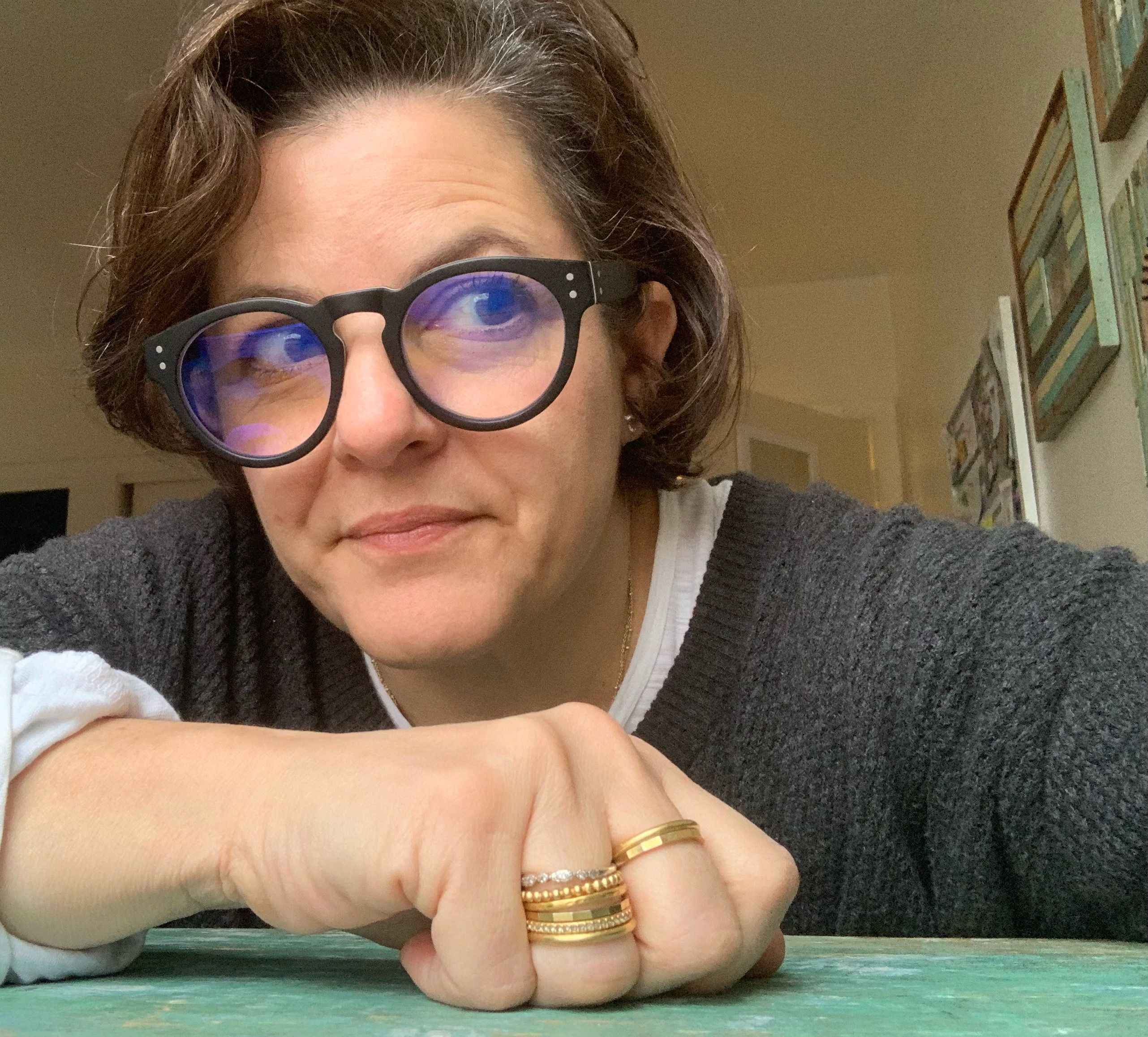Even people with invisible disabilities want to be visible, and to be seen for the talent they have.
Thrive Global invites voices from many spheres to share their perspectives on our Community platform. Community stories are not commissioned by our editorial team, and opinions expressed by Community contributors do not reflect the opinions of Thrive Global or its employees. More information on our Community guidelines is available here.
By
- Denise Brodey, Mental health rebel. Learning disability advocate. Business and accessibility reporter. at thrive global

This week as we celebrate another International Day of People with Disabilities, December 3, 2021, take time out to think like a rebel talent or boss, acknowledging that all people have the right to training, accommodations, and a meaningful career. Despite the fact that the ADA was signed into law more than 30 years ago, this basic idea still isn’t a reality for far too many people. These five thought starters will help focus you on why and how we can use this upcoming year to go beyond disability awareness to creating opportunities.
- Give Younger Generations The Ability To Lead By Example. One of our surveys shows that people between age 30 and 40—and even more so, people between the age of 18 and 29—are more comfortable working with people with disabilities,” says Jennifer Laszlo Mizrahi, president of RespectAbility, a Washington, D.C.-based nonpartisan, nonprofit fighting stigmas and advancing opportunities for people with disabilities. What’s at the root of that mindset change? “Being around more people with disabilities on a day-to-day basis, particularly in school, showed this new generation that they are competent, confident and independent,” says Mizrahi.
- Embrace A Post-ADA Mindset. Older generations who went to school before the Americans with Disabilities Act and the Individuals With Disabilities Act (IDEA) did not have the opportunity to have talented students with disabilities in their classrooms. The majority of their lives, people with disabilities have not been a part of their mainstream workforce. If that describes you or someone you work with, open your mind to the idea that a new generation is ready to lead, and they are prepared to ask for accommodations and explain how they do their best work. All you have to do is listen.
- Manage Differently. The need for fast-paced risk-taking, change and creativity demands an open-mindedness and luckily, creative fields tend to attract people who can do just that. They may also happen to have ADHD, dyslexia and other learning and attention issues. Whatever the case, it’s likely they excel at their jobs because they like to toss out traditional ideas that are unrelatable to them, create novel solutions and imagine futures no one else can see. Libby DeLana, an author in Newburyport, Massachusetts, who believes in giving creative thinkers space and a place to feel safe taking risks.
- Acknowledge Bravery. Be up front and vocal and say thank you to people for taking risks and talking about their disability in a world filled with bias and bullying. It’s not easy to stand out, but it’s a lot less crappy than trying to fit in to a corporate culture that just isn’t you.
- Not Disabled? Be An Ally to The 50% of People With Disabilities Who Are Unemployed. Look harder, farther, better and with more energy than you ever have before for disabled people who are looking to be employed. Great places to start? BroadFutures, Inclusively, AskEarn and the The Viscardi Institute. Each have programs for people who have talent, want training and happen to be disabled. There’s no excuse for saying you can’t find disabled people to hire when there are dozens and dozens of organizations filled with experts on disabilities both locally and nationally. Be intrepid. Look beyond your circle. It’s not just the right thing to do, it’s good for business.

Denise Brodey, Mental health rebel. Learning disability advocate. Business and accessibility reporter. at thrive global
Brodey is the author of The Elephant in the Playroom (Penguin), which tells the stories of 41 families raising kids with disabilities. She writes about disabilities for Forbes.com.
Share your comments below. Please read our commenting guidelines before posting. If you have a concern about a comment, report it here.







